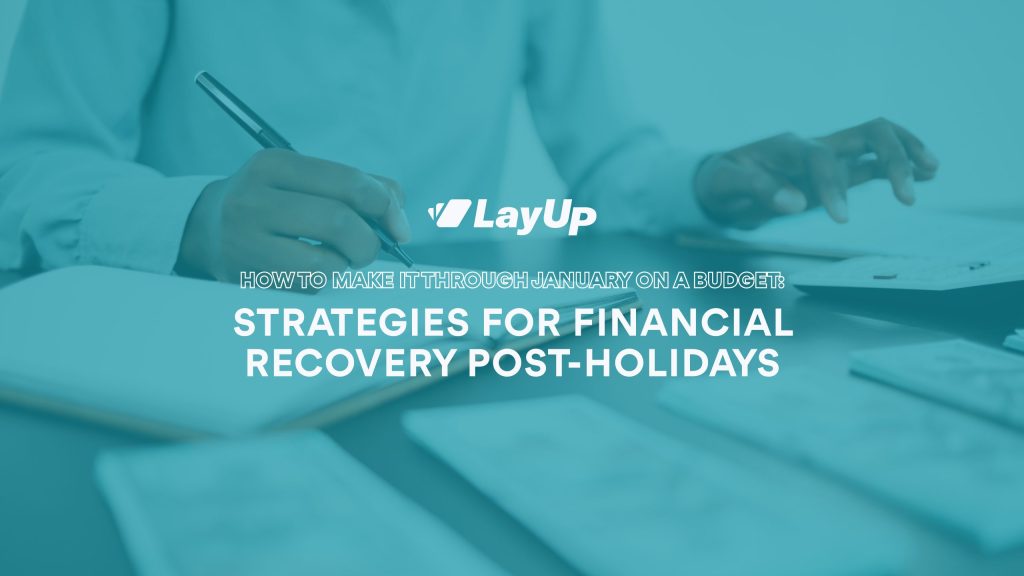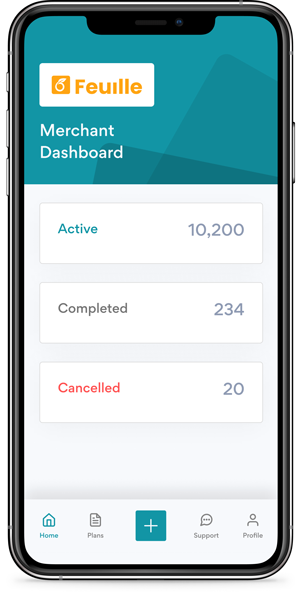Although the festive season is synonymous with joy and festivities, it can unfortunately result in overspending. But January is not just a month of resolutions; it’s a chance to reset your financial habits and prioritise fiscal responsibility.
If you find yourself financially strapped after splurging during the holidays, fear not! January presents the perfect opportunity to reassess, strategise, and begin a journey towards financial recovery. Here are seven practical tips to help you make it through January on a budget, leading to a financially healthier year.
ALSO READ: Navigating the Spending Season: Unveiling the Fine Print of Credit
1. Assess Your Holiday Spending
The first step to financial recovery is an unbiased evaluation of your holiday spending. Take stock of your purchases, identify areas where you overspent, and acknowledge any unnecessary splurges. This awareness will serve as the foundation for creating a realistic budget moving forward.
2. Create a Realistic Budget
Once you have a clear understanding of your financial situation, it’s time to create a realistic budget for January and the year ahead. Factor in essential expenses such as rent or mortgage, utilities, and groceries. Allocate a reasonable amount for optional spending, ensuring it aligns with your overall goals.
READ MORE: How Do Lay-By Payment Options Empower You?
3. Tackle Debt Strategically
If holiday overspending results in accumulated debt, formulate a strategic plan to tackle it head-on. Prioritise high-interest debts first while making minimum payments on others.
4. Action a No-Spend Challenge
Kickstart your budget recovery by embracing a no-spend challenge. Designate certain days or even a week where you commit to spending absolutely nothing on non-essential items. This not only helps cut costs but also encourages mindful spending habits.
5. Consider Side Hustles
Add to your income by exploring side hustles or freelance opportunities. Whether it’s selling unused items, offering freelance services, or taking on a part-time job, extra income can contribute to financial recovery.
6. Meal Planning and Home Cooking
Cut down on food expenses by planning meals and opting for home-cooked options. Batch cooking can save both time and money, making it easier to stick to your budget – and your health resolutions.
7. Take Advantage of Discounts and Vouchers
Look for discounts and cashback offers when making essential purchases. Many stores offer post-holiday sales, providing an excellent opportunity to save on items you need.
By acknowledging your holiday spending, creating a realistic budget, and implementing steps to reduce debt and increase income, you can make it through January on a budget and set the stead for a financially successful year ahead. The key is consistency and a commitment to making positive and responsible choices.

